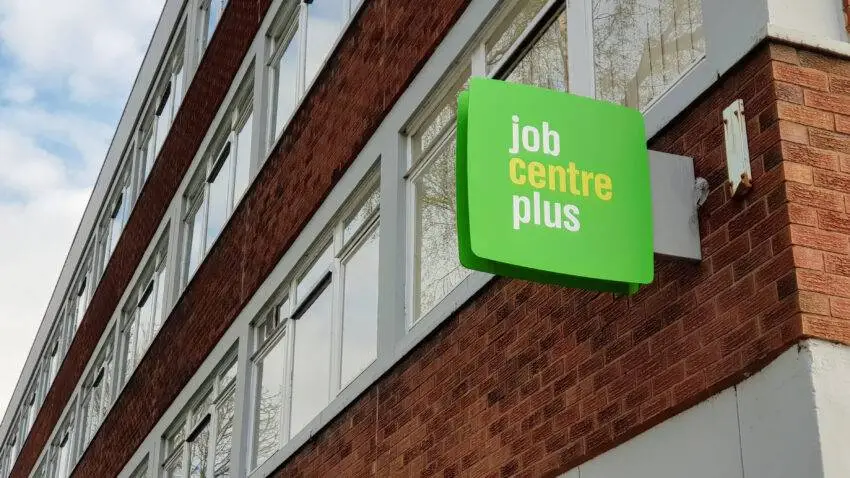The number of UK households without any working adults has reached a level not seen in 12 years. This exacerbates the nation’s labour crisis, affecting economic growth.
Alarming Rise in Jobless Households
According to the Office for National Statistics (ONS), there were 269,000 non-student households where no adult had ever worked in the first quarter of this year. This is the highest number since spring 2012.
This marks a significant 12% increase compared to the same period last year. Between January and March, almost 300,000 more people aged 16 to 64 were living in households with no employed adults.
The total now stands at 4.3 million, the highest in seven years, highlighting a critical issue for the UK’s labour market.
Economic Implications
The growing number of workless households poses a severe threat to the country’s economic growth. Experts warn that this trend could hinder Britain’s economic recovery.
Nationally, 9.4 million working-age adults were economically inactive at the start of the year, a rise of 832,000 compared to pre-pandemic levels.
Former Business Secretary Sir Jacob Rees-Mogg described the situation as a “huge problem,” emphasising that non-working individuals do not contribute to GDP growth, which limits the state’s capacity to fund essential services.
Impact on Youth Employment
Tony Wilson from the Institute for Employment Studies suggested that the rise in jobless households is largely driven by increased worklessness among young people.
Recent data shows that the number of 16 to 24-year-olds not in education, employment, or training (NEETs) reached a nine-year high of 900,000.
This figure represents an 18% increase from pre-pandemic levels, indicating a troubling trend among the UK’s youth.
Wilson warned of the long-term consequences, including poor health and lower incomes for these individuals, which could affect future generations.
Government Response
In response to the crisis, Prime Minister Rishi Sunak has proposed introducing National Service for 18-year-olds. However, this plan has faced criticism.
Tony Wilson argued that the National Service scheme would divert funds from existing programmes designed to help economically inactive individuals re-enter the workforce.
The proposed £2.5 billion scheme would be funded primarily by the UK Shared Prosperity Fund, which supports community organisations.
Broader Labour Market Trends
The labour market faces broader issues beyond just workless households. Migrants are increasingly needed to fill labour shortages, as highlighted by Rees-Mogg.
He noted that the high level of economic inactivity fuels calls for increased migration to address these gaps.
Meanwhile, the Prime Minister is preparing for a general election in July, making economic activity a key issue on the political agenda.
Calls for Targeted Support
Addressing the root causes of economic inactivity is crucial for the UK’s future growth and well-being.
Experts agree that targeted support for young people and other vulnerable groups is essential for sustaining long-term economic stability.
The spike in UK households with no working adults is a pressing issue that requires immediate attention. Addressing this crisis is essential for the nation’s long-term economic health.

